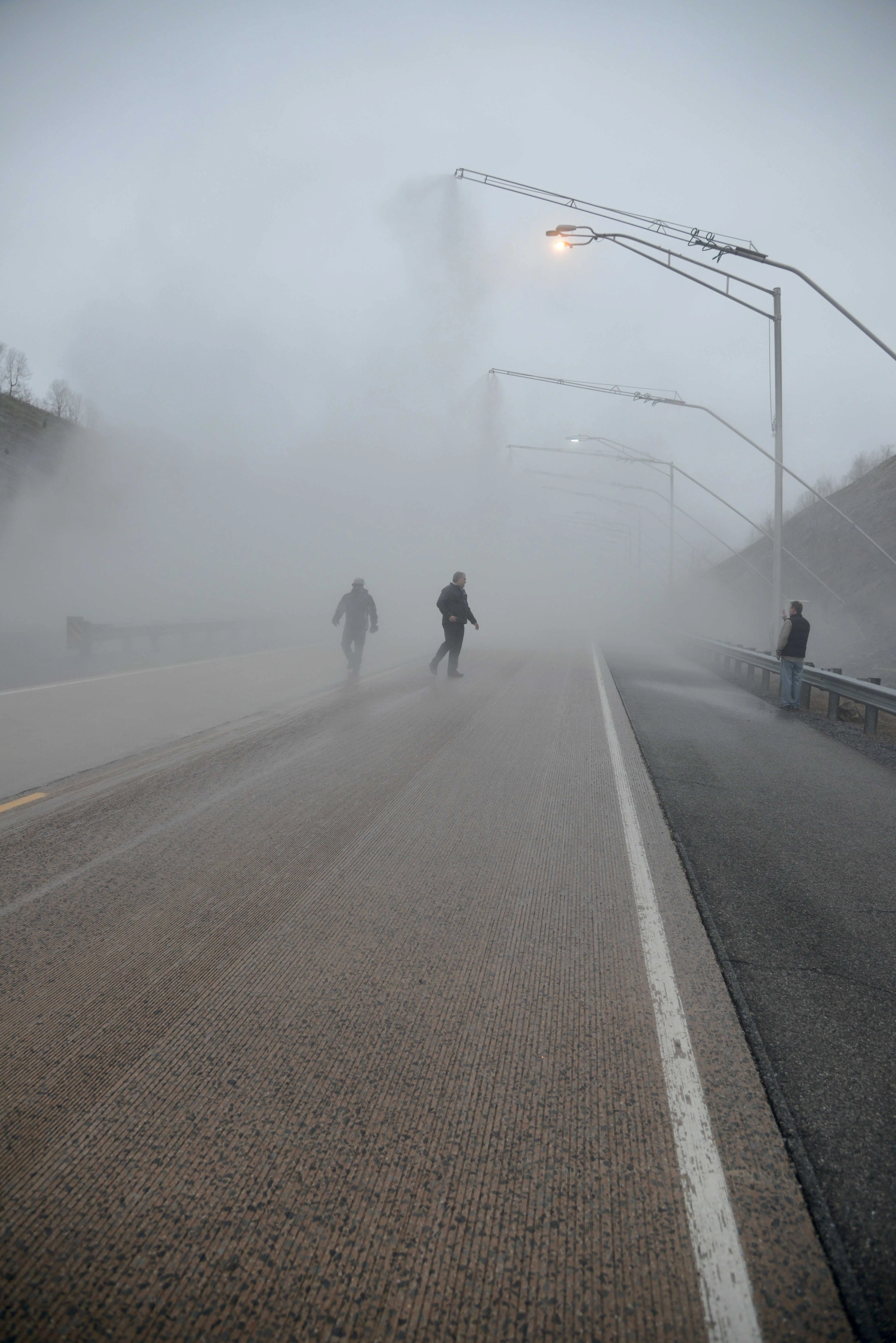Germany intends to refurbish or replace at least 300 road bridges between now and 2020. It’s reported that this will result in costs of between US$ 4.81 billion (€3.60bn) and $8.92 billion (€6.7bn), based on 2010 prices. Many of the bridges affected are from the 1960s to 1980s and thought no longer suitable for the heavy transport traffic of today. Another claimed factor behind the necessity for the multi-billion dollar investment is that damage resulting from global warming was not taken into account when
January 23, 2013
Read time: 1 min
Germany intends to refurbish or replace at least 300 road bridges between now and 2020. It’s reported that this will result in costs of between US$ 4.81 billion (€3.60bn) and $8.92 billion (€6.7bn), based on 2010 prices. Many of the bridges affected are from the 1960s to 1980s and thought no longer suitable for the heavy transport traffic of today. Another claimed factor behind the necessity for the multi-billion dollar investment is that damage resulting from global warming was not taken into account when they were built.







